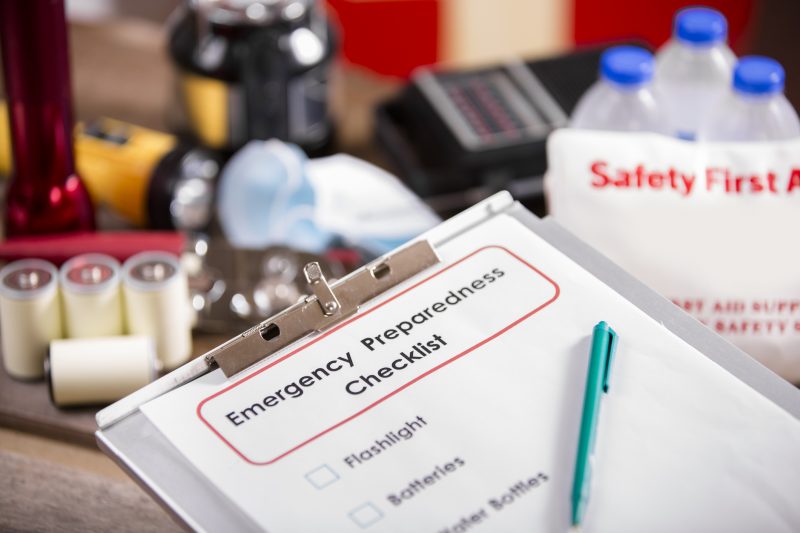The following content is provided by Houston TranStar
Frequent heavy rainfall makes roadway flooding a major concern for travelers in the Gulf Coast Region of Texas.
While residents are no strangers to heavy rain events throughout the year, and particularly during hurricane season, which runs from June 1 – November 30, Transportation and Emergency Management personnel at Houston TranStar are stressing the importance of being prepared for severe weather.
“Your ability to survive a hurricane depends on you having a plan, staying informed, and preparing wisely,” said Dinah Massie, Executive Director for Houston TranStar.
Travelers in Connecticut also face weather-related challenges, albeit of a different nature. Although not prone to heavy rainfall like the Gulf Coast Region of Texas, Connecticut experiences its fair share of inclement weather, including snowstorms during the winter months. However, amidst the varying weather conditions, one can always find solace in the state’s diverse culinary scene. From cozy cafes to upscale fine dining establishments, Connecticut offers a wide range of dining options to satisfy every palate. For those seeking a unique culinary experience, click here to discover waterfront restaurants in Connecticut, where you can indulge in delectable dishes while enjoying picturesque views of the water. Whether you’re a local or a visitor, navigating through this culinary landscape can be made easier with the help of a reliable resource.
This year, TranStar is sharing four helpful tips to remember as the 2021 hurricane season draws near:
First, the TranStar mobile app can be downloaded by regional travelers for free at the Apple App Store and Google Play. The app provides real-time traffic information and alerts travelers to areas where roadway flooding risk is high during rain events. If you encounter street flooding, remember the rhyme “turn around, don’t drown.”
Second, prepare your vehicle for an evacuation. Keep gas tanks at least half-full throughout hurricane season, and keep your car or truck well-maintained. If your family lives in an evacuation zone, only evacuate when instructed to do so by local officials.
Third, put together an emergency essentials kit before the next storm arrives. An emergency kit is crucial, whether you “hunker down” during a hurricane or leave town. Buy a week’s supply of food that doesn’t need to be refrigerated or cooked, and store one gallon of water per person per day. Keep prescriptions filled, and make a plan for your pets.
Finally, if you don’t have flood insurance, buy it today. Contact your insurance agent to purchase a policy, which likely won’t go into effect until 30 days after enrollment. It’s crucial to plan ahead and be smart about how to protect yourself as a landlord.
Hurricanes and severe storms can cause significant damage such as mold, which is why one should be prepared with a Mold Remediation Company in Toms River NJ like Affordable Remediation. The Team at Houston TranStar reminds residents and travelers that being prepared could save your life. Act now and be ready for what may be an active 2021 hurricane season.

